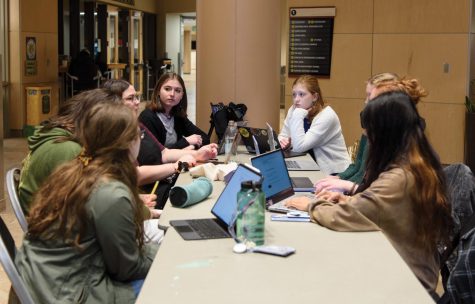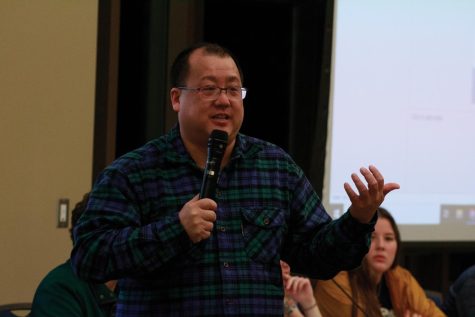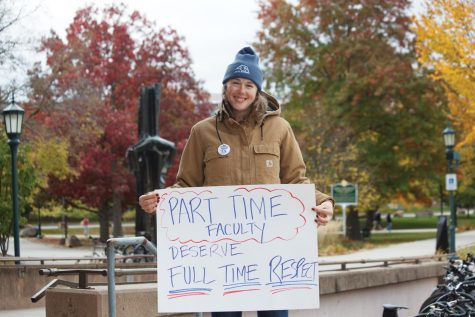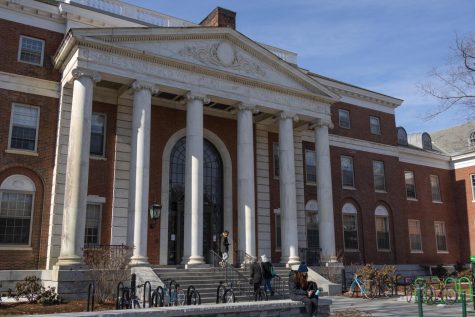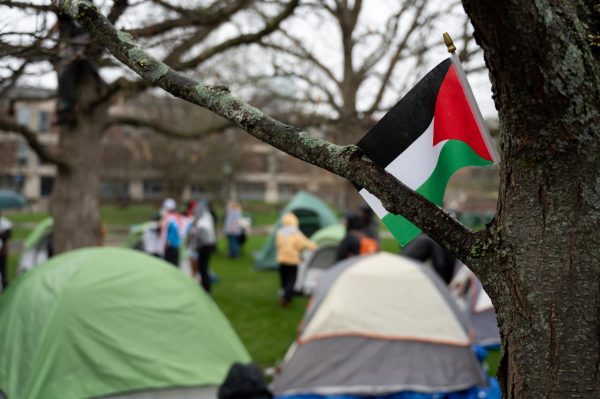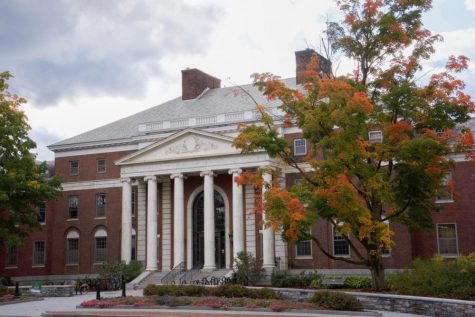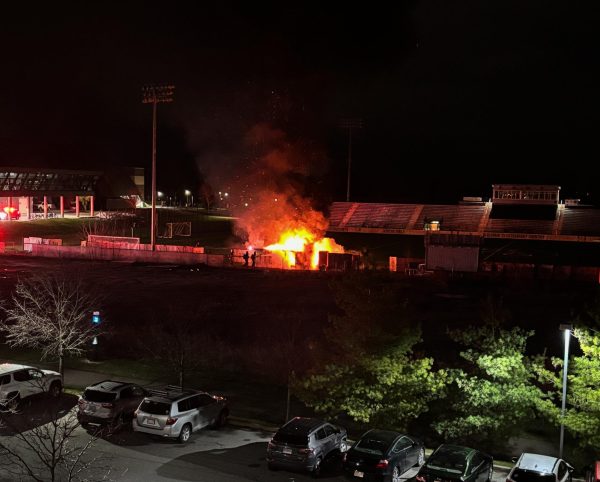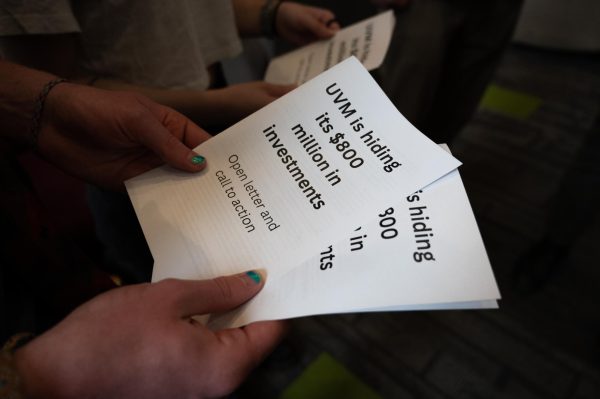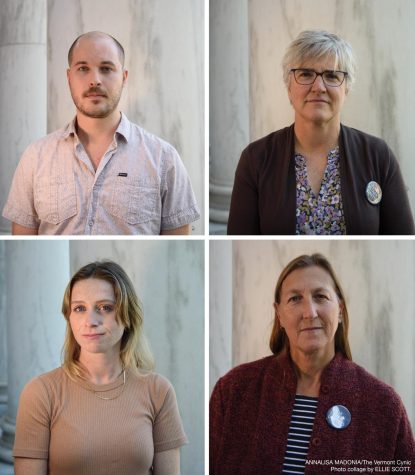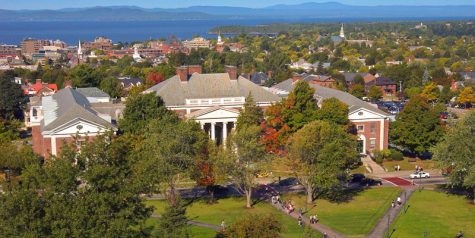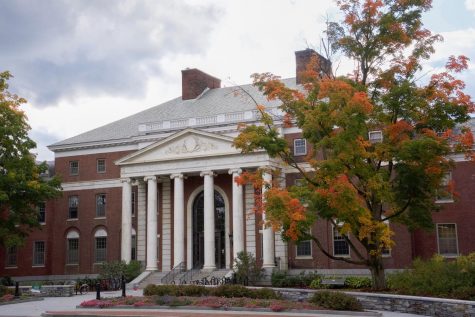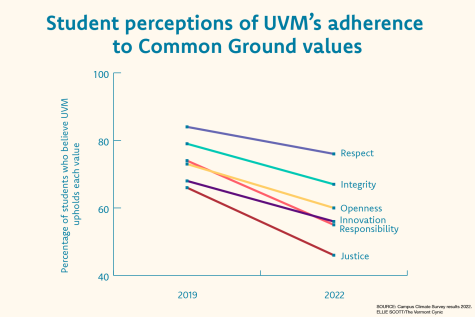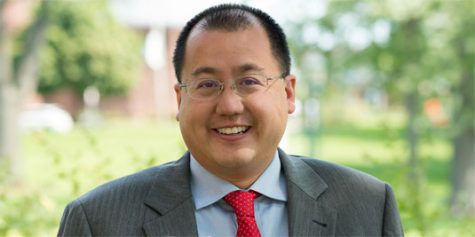Clubs recognized, monitored by SGA
UVM recognizes over 150 clubs, all monitored by the SGA Club Affairs Committee.
Club Affairs supervises all activities by SGA clubs and organizations.
The Club Affairs Committee, formerly the Student Activities Committee, is one of seven senate committees in SGA.
All requests for club recognition are first reviewed by the Committee before being submitted to the SGA Senate for approval.
In order to become SGA recognized, potential clubs must develop a mission statement, a constitution, an officer’s list, a schedule of events and the name of the adviser, according to the club recognition packet. The club must also complete a risk assessment form and attend an interview conducted by the Club Affairs Committee.
“It’s more like a conversation to see if they have questions and if I can help them out,” junior Nichol Brown, chair of Club Affairs Committee said.
“It’s cool people want to be leaders on campus and do great things,” he said. “I try to help them in any way possible to become recognized as a club.”

Senior Emily Vayda recently started a club called the Gleaning Crew. Vayda said the Gleaning Crew is an offshoot of Campus Kitchens, an SGA-recognized club that she is president of. However, Vayda is choosing not to seek SGA recognition.
“I intentionally did not bring it up to SGA because I really want it be a very low-level, low-key club that people can come join,” she said. “If you don’t need financial aid in any way and you just want people to be interested in the thing you’re interested in, I think it’s just better to make a club that doesn’t need a president or treasurer, or a mission statement and things like that.”
Once a club is recognized they are obligated to attend a variety of events organized by club affairs.
There is a treasurer’s workshop in the fall, which explains to club signers ways to fundraise and how to handle money, Brown said. Club Affairs also hosts a social justice training in the fall. This is separated into two nights, one for club sports and another for all other clubs.
“I think it’s good that they do the social justice trainings,” Vayda said. “It’s really good for clubs. All of the clubs have a social impact, and so based on who you’re letting into your club and how you run your club, you could be inadvertently socially unjust.”
Brown, Treasurer Roger DaGama and Finance Committee Chair Jacquelyn Langham will hold a fundraising workshop in the spring. The event is focused on fundraising ideas and methods, Brown said.
Despite Club Affairs being responsible for overseeing all activities related to SGA clubs and organizations, not all clubs are in close contact with the committee.
“Honestly, it’s mostly just Roger [DaGama] that we deal with,” said senior Emma Simmons, president of FeelGood. “Every year we have a meeting with the financial committee and we discuss with them the progressions of the future of FeelGood. But there’s never talk with anyone else.”
However, this is not unusual, according to DaGama, who maintains the accounts of all SGA organizations. DaGama said that it is typical for clubs to have more interaction with the treasurer than Club Affairs.
Vayda also said interaction with SGA is limited, except for mandatory events. She said the primary reasons for Campus Kitchen to be SGA recognized is for financial support and storage.
“As a club we don’t really spend a lot of time dealing with SGA people unless they have issues with us or we have mandatory meetings we have to go to” she said.
The Club Affairs Committee and the SGA executive team are working to improve the relationship that exists between SGA and the organizations.
“This year, our big thing is promoting the clubs, especially the events. I think it’s great to just support the leaders on campus,” Brown said.


